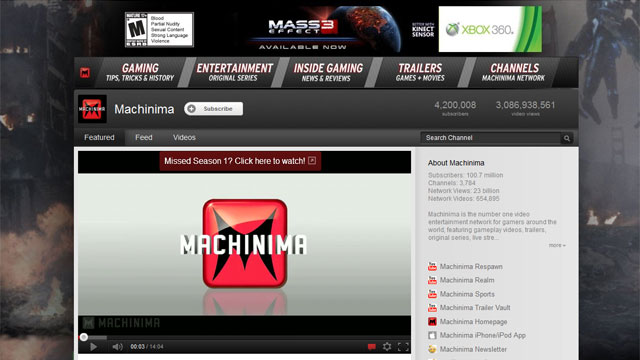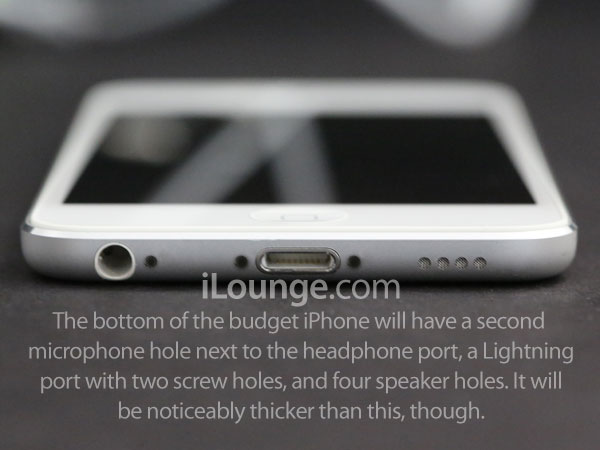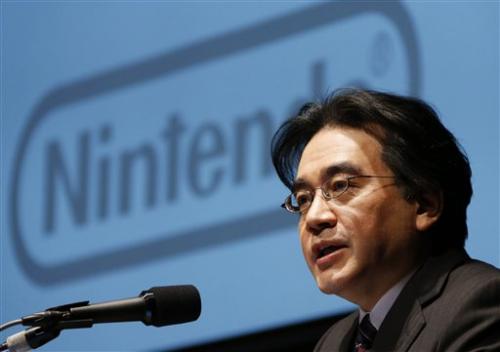By Meelad Sadat
RIM roared back to life this week after a relatively quiet period, announcing that it adopted its well-known brand BlackBerry as the formal name of the company and lifting the lid on the long-awaited BlackBerry 10. It also touted that the BlackBerry AppWorld store now has 70,000 apps, more than four times what was available when the last BlackBerry launched in 2011. According to a developer who was part of the effort, populating the store before this launch was a big deal, enough so that BlackBerry used upfront payments to enlist an army of app makers in a frantic effort to stock it.
Abhinav Gupta is head of Game Scorpion Inc., a garage developer that says it has more than 25 apps in ten different app stores worldwide. Gupta and his company were among those who joined BlackBerry’s fast track, incentive-driven third-party app development program.
“What they did was something called the ‘port-a-thon’, and they had several of these,” said Gupta.
Starting in November 2012, BlackBerry began contacting developers en masse for virtual code sessions, where any app developed or ported for BlackBerry’s OS before a specified deadline would automatically earn $100. The company organized a total of four, first targeting game makers with the “Got Game Port-a-Thon” and continuing right up to the BlackBerry 10 launch with the “Last Chance Port-a-Thon” in late January.
“Originally it was just a concept,” Gupta said. “They thought that they were only going to get 250 people for this, and that would be maybe 250 more apps. But it just got a huge inflow. So many people from all markets just said, hey you know what, I’m going to port.”
BlackBerry highlighted the franticness of the effort after back-to-back ‘port-a-thons’ in January in a tweet sent out by Alec Saunders, the company’s VP of developer relations.
Saunders tweeted, “Well there you have it. 37.5 hours in, we hit 15,000 apps for this portathon. Feel like I’ve run a marathon. Thanks to all the devs!”
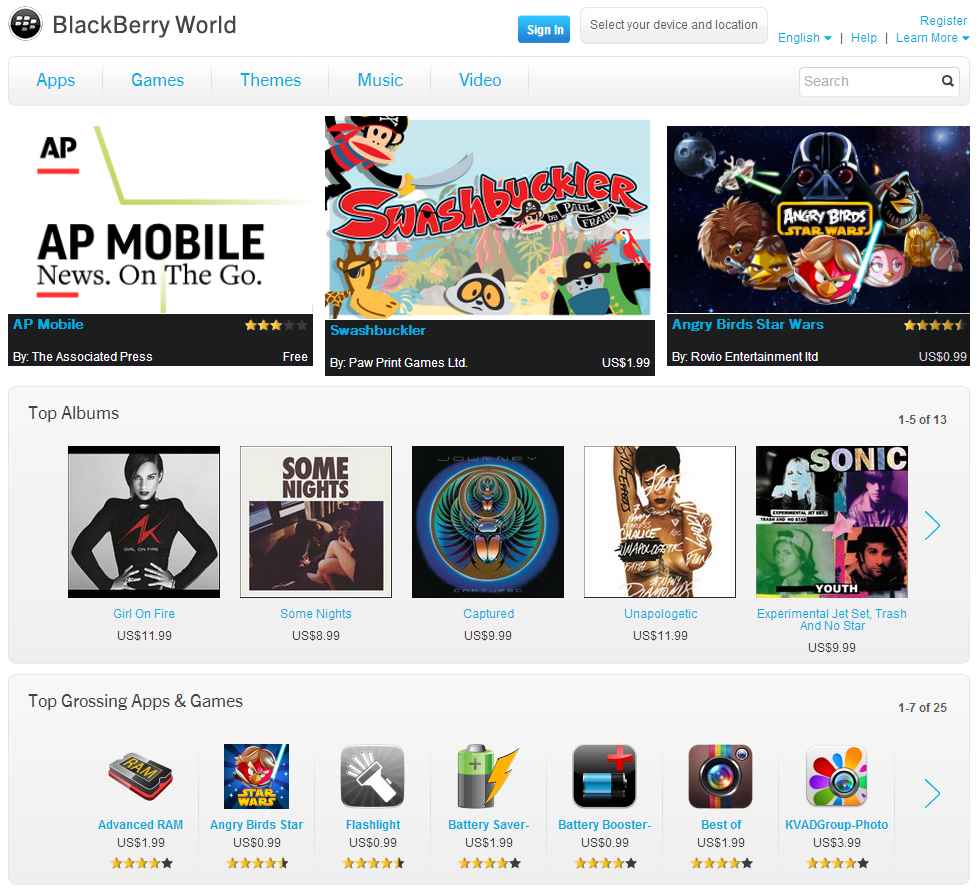 BlackBerry AppWorld
BlackBerry AppWorld
Gupta says that in addition to the $100 guaranteed payment, BlackBerry also gave select developers other incentives. Some like Game Scorpion got to test the new BlackBerry 10 devices before launch. BlackBerry also put a plan in place for premium apps, where they would evaluate if an app could be a big moneymaker and offer its developer significantly more than the $100 ‘entry fee’ to bring it to AppWorld. According to Gupta, that reward could be as high as $10,000.
“They really wanted to do everything they could for developers,” Gupta said. “As a developer, I like the fact that a market is really treating me nicely, and I think that’s kind of what won over to get the developers out there.”
He added, “But at the end of the day, as a developer, and no matter which developer you are, money is king — cash is king. If we don’t see cash coming in from the users at the end of the day, developers are just going to run.”
BlackBerry has hinted that these types of incentive programs are going to continue so that the company can compete with Apple and Android. In an interview with ReadWriteWeb after the BlackBerry 10 launch, Saunders said that the company is announcing more “tangible marketing benefits” for developers at BlackBerry Jam Europe next week.
“When I say tangible marketing benefits, you are going to do better in our store than if you built for Android,” Saunders told ReadWriteWeb. “The porting strategy is there but increasingly we are going to be pushing people to build for BlackBerry to have the native parts of the BlackBerry experience because we think that experience is better.”
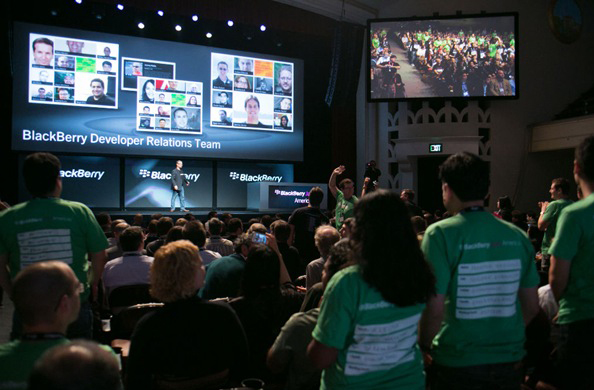
Gupta says BlackBerry has seen the writing on the wall based on how the behavior of its own user base changed. BlackBerry remained a popular device for office workers even after the first iPhone launched. Workers had a certain amount of affinity for its click keyboard, which made for faster, more accurate text entry, and the fact that it ran Windows Office applications. But as iPhone and then Android delivered on just about everything a user would want, from productivity to pastime, and did it in sleek forms with user-friendly UI, the allure of touch-enabled, app-a-plenty smartphones proved too hard to avoid.
Gupta put it this way, “Over time a lot of users were like you know what, we don’t want to bring our BlackBerry’s to work. We’re just going to use our iPhone or Android, and apps started taking off. [BlackBerry] realized that apps are a big thing, they really are a big feature. And that’s why they’ve really focused on that, that this time when they launch they’ve got to make sure that apps are a primary area because now that new user base is used to that. They’re used to the Apple side of things. They’re used to the Android side of things. And all of those are app-based markets.”
Gupta points to another testament from BlackBerry, where its server business that was originally geared at businesses using its devices will now support iPhone and Android smartphones.
As for how important apps are to device sales, it’s apparent in how Apple and Android are still fighting the battle over who has the better stocked store. They still frequently release updates about the number of apps available and how many downloads they’ve generated. Last spring, Apple raised hoopla and rewarded $10,000 to a lucky shopper in China who downloaded the 25th billion App Store app. Recently, Android highlighted that it matched Apple iOS with 800,000 apps and is on pace to reach a million first.
That gives credence to BlackBerry’s investment on the app side, which Gupta says could be part of an all or nothing strategy as the company launches its Blackberry 10 line. Another sign of that all-in approach is BlackBerry’s announcement that it bought TV spots during the Super Bowl.
“This is a make or break in my opinion for them,” said Gupta. “And I’m hoping that it works out. I’m Canadian so I support that company.”
